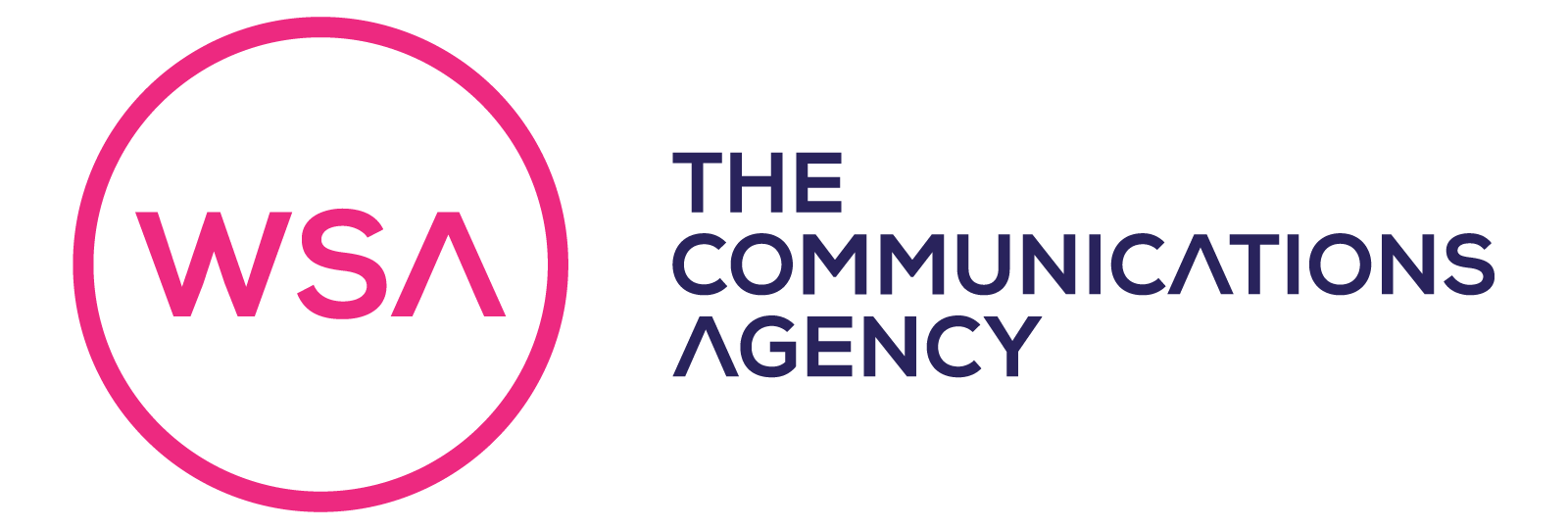Knowledge is power so the saying goes. If you’re finding yourself power-hungry when it comes to your marketing results, welcome to this little feast.
It’s amazing how often people ignore the critical research stage in marcomms planning and in our experience it’s typically smaller organisations that trap themselves looking for the fastest route to their goal, instead of finding the right one.
A note before we start. Research isn’t just about data and numbers despite the world’s obsession with soundbytes and statistics. It’s just as important, sometimes more important to explore opinions, preferences and behaviours.
Yes, it’s great to identify trends and have statistics to fling around freely to show your knowledge. But wisdom is understanding WHY things are the way they are.
Let’s take a quick look at where to get the best insights before you launch into a full-blown comms campaign.
Who to ask about your business?
Think about the groups that matter to your business: employees, clients, suppliers.
Simple enough.
A general cross-section from these three categories will tell you what it’s like to come into contact with your brand, inside and out.
Your customers are the best source of information that is available to you about what it’s like to do business with your organisation.
You can ask customers things like what attracted them in the first place? Did they return to you? Why? How did they find you? What can you do better at?
Surveying is a way to get lots of answers to identify trends and consistent themes.
You can also conduct more in-depth interviews if you’ve got contacts whose input you particularly feel will help you better understand your business.
Framing questions for customer surveys and interviews
A little trick, if you’re worried about biased answers, or respondents being too gentle and keeping the harsh reality from you – you can reframe your question.
What does that look like?
Read these three versions of a question with the same focal point (a product launch announcement):
- How do you feel about our recent product launch announcement?
- How do customers feel about our recent product launch announcement?
- How could we make customers feel even better about our recent product launch announcement?
Consider the focus of the answers you’d get from each version of this enquiry.
Reframing your questions is a powerful thing and will help to steer answers towards the insights you need to get from the exercise.
If you want to know how something went, ask about the past. If you want to do better next time, then ask about the future!
Running a workshop or discussion group
Getting feedback on an idea can help find the best iteration for your target, or it can stop you from developing a dud before you begin.
Testing an idea gives you the chance to get feedback from the people who’ll be in contact with it.
And it can be a lot of fun.
When discussions start flowing freely about ideas, things get interesting.
You’ll get strong opinions. You’ll get remarkably good ideas. You’ll get terrible ideas that may haunt your business nightmares. Hopefully…
All of this input gives you a spectrum to work from, right up to the extremes.
The role of sales and customer-facing teams in research
They talk to your customers more than anyone else (or at least they should) so if you have a sales team, it’s a rich vein of information to explore.
They can tell you about the biggest concerns, motivations, needs and desires of your target clients. Why do they buy, or not buy and who do you come up against.
This is useful information in itself for sales management and direction but coupled with marketing it creates a joined-up approach that should yield better results.
There’s a converse benefit too, involving your key clients in your business research is a signifier that their opinions are important to you and the future of your business. A good discussion can lead to not only useful insights, but better relationships too.
What to research
If you’re not sure what to ask or where to begin, here are a few common areas where research will prove useful.
- Your brand or company reputation, including how it is perceived
- Product or service prototyping and development
- Company culture and employer brand – understand what matters to employees
- Creative concepts, brand campaign ideas and promotional activity
Some of these topics are explorative and would form part of a classic discovery or diagnostic stage of a complete brand or marketing project. Others might be more focused, for example testing a product prototype is going to have some specific performance points to test against.
Anything else?
Yes. You can get by without researching anything sometimes.
Truly great ideas can appear without being led by rationale and without hard work that 99.99% of other ideas require. If you know your brand and your market and by serendipity, you’ve connected them beautifully – trust the magic by all means. It’s extraordinarily rare, but it happens.
What we know is it doesn’t happen enough. A stopped clock tells the right time twice a day.
If you’re serious about creating a business strategy that can hold its own weight, research activity just became your pillars.
